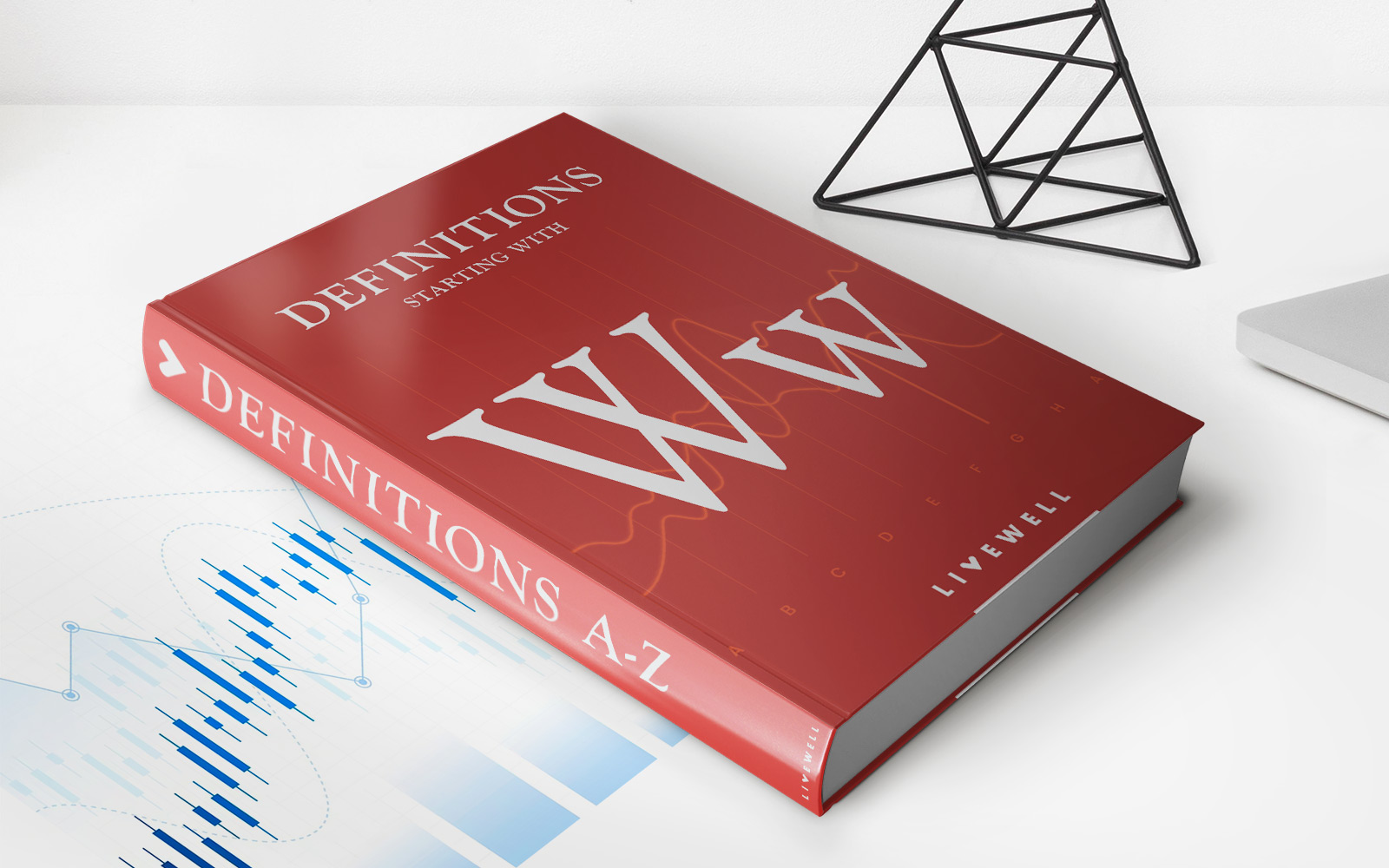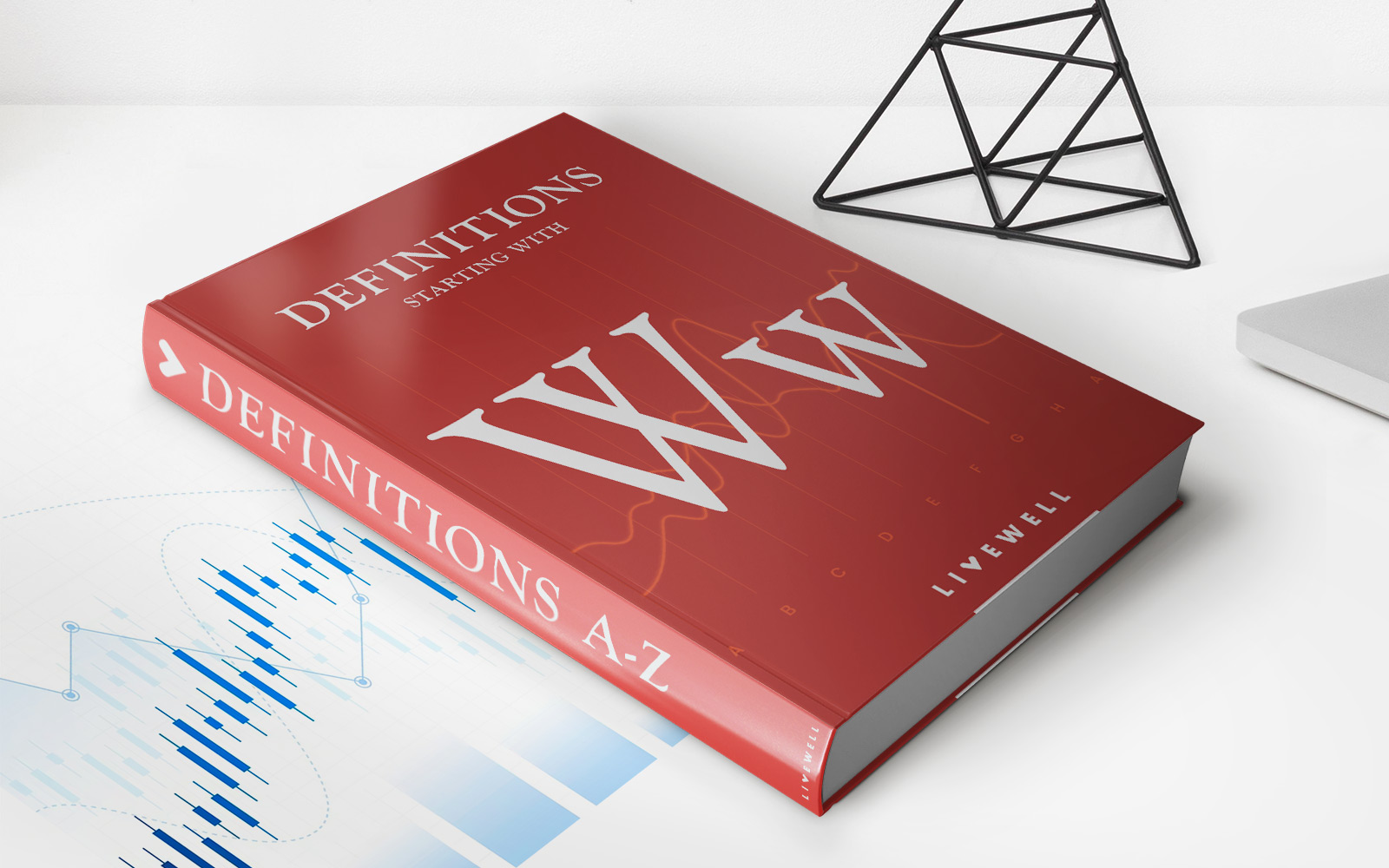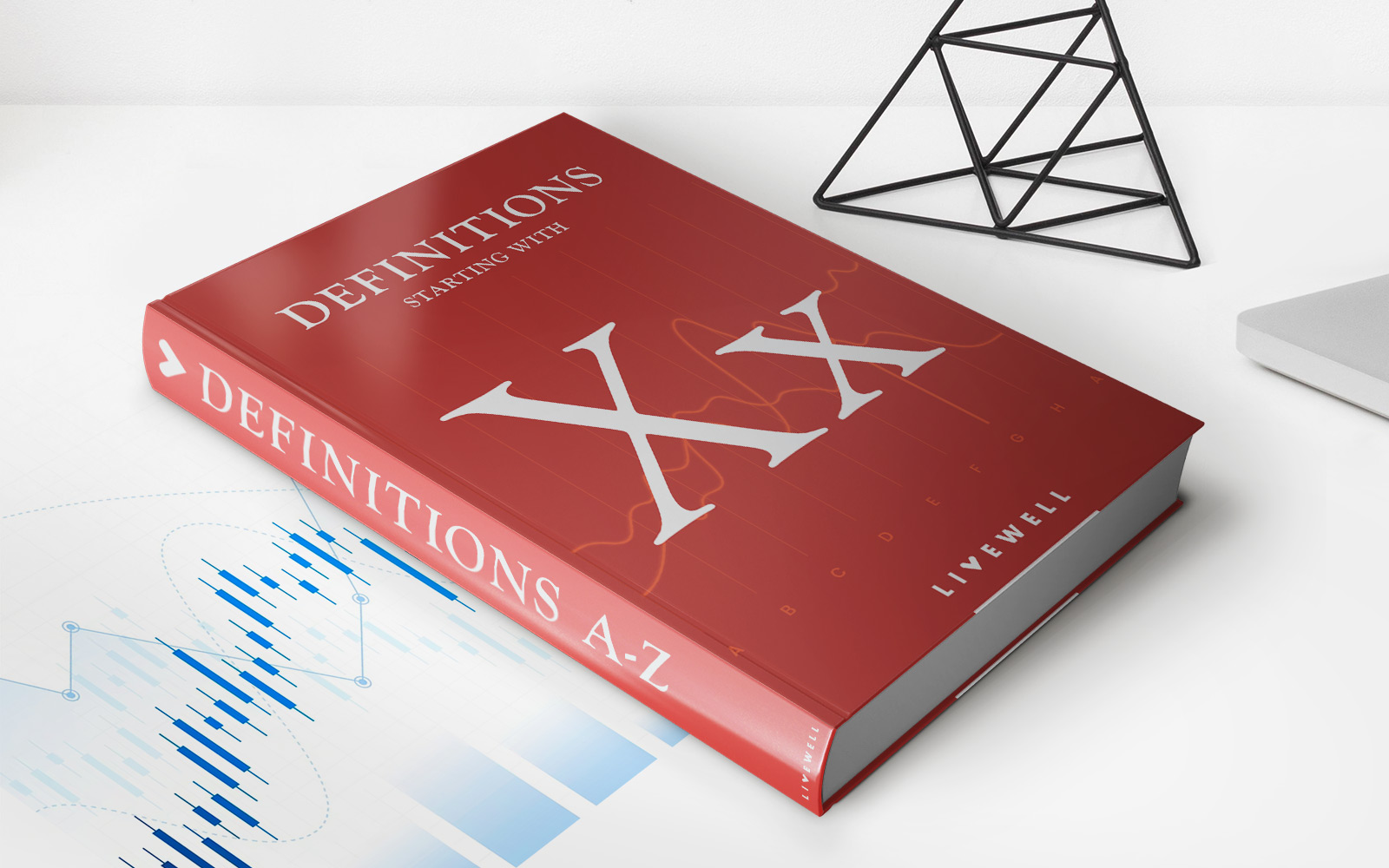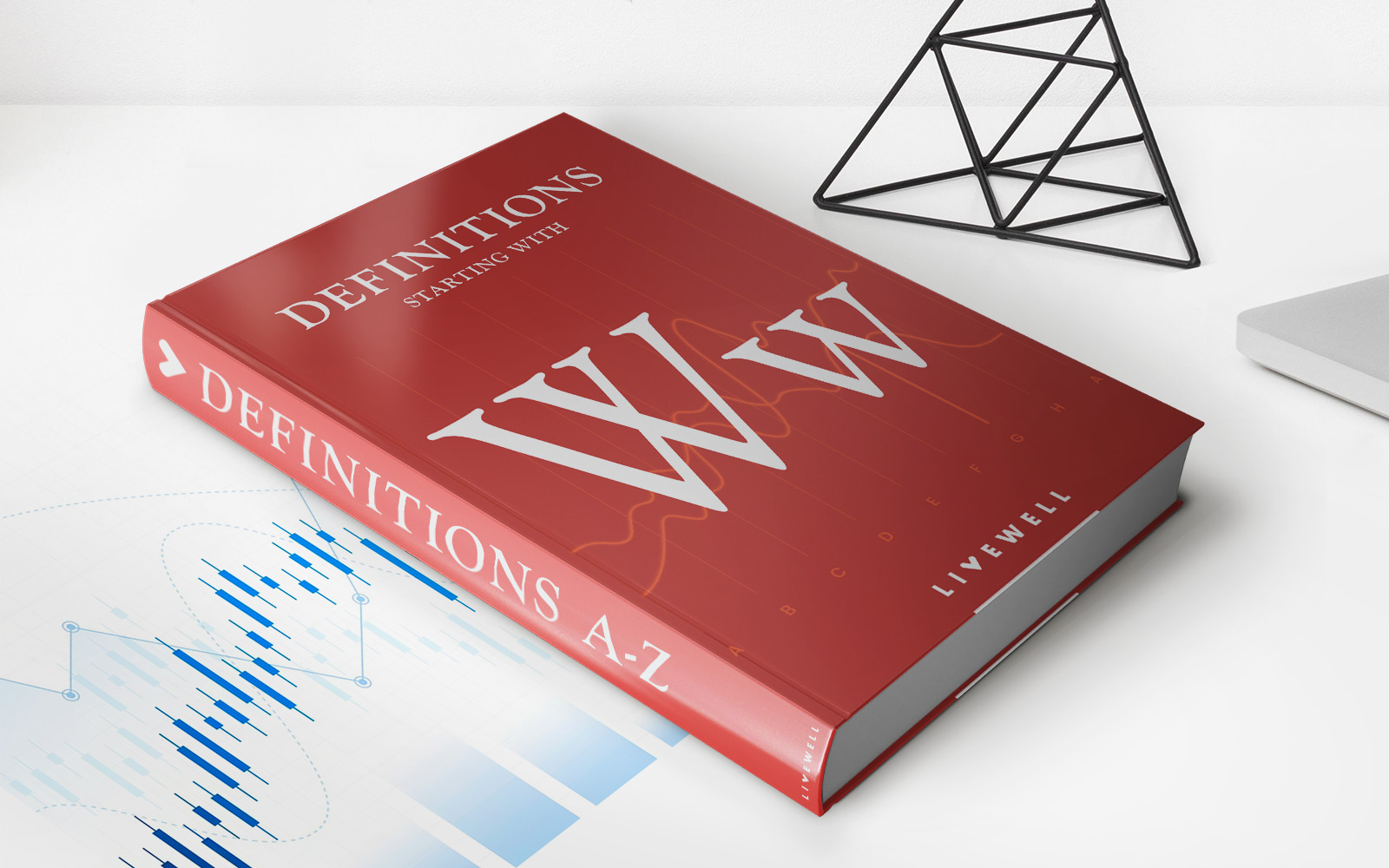Home>Finance>West Texas Intermediate (WTI): Definition And Use As A Benchmark


Finance
West Texas Intermediate (WTI): Definition And Use As A Benchmark
Published: February 18, 2024
Learn about West Texas Intermediate (WTI), a key benchmark in the finance industry. Explore its definition, uses, and importance as a financial indicator.
(Many of the links in this article redirect to a specific reviewed product. Your purchase of these products through affiliate links helps to generate commission for LiveWell, at no extra cost. Learn more)
West Texas Intermediate (WTI): Definition and Use as a Benchmark
When it comes to the world of finance, there are various indicators, benchmarks, and indexes that investors and analysts use to assess the performance and trends in the market. One such benchmark that holds significant importance is West Texas Intermediate (WTI). In this blog post, we will delve into the definition of WTI and explore its use as a benchmark in the finance industry.
Key Takeaways:
- West Texas Intermediate (WTI) is a type of crude oil that is extracted from the Permian Basin in West Texas and represents the price of oil traded in the United States.
- WTI is considered a vital benchmark for oil prices worldwide and is used by traders, analysts, and investors to assess and analyze trends in the oil market.
So, what exactly is West Texas Intermediate (WTI)? WTI is a specific type of crude oil that is extracted from the Permian Basin located in West Texas and is commonly used as a benchmark to determine oil prices within the United States. With its high-quality and low sulfur content, WTI is an indicator of the price of oil traded in the U.S. market. It serves as a reference point for comparing and evaluating other types of crude oil, both domestically and internationally.
As mentioned earlier, WTI holds significant importance in the finance industry. Here are a few key reasons why it is widely used as a benchmark:
- Pricing and Trading: WTI serves as the underlying asset for the benchmark oil futures contract traded on the New York Mercantile Exchange (NYMEX). Traders and investors use WTI futures contracts to speculate on the future price movements of oil or hedge their positions.
- Global Oil Pricing: WTI plays a vital role in establishing global oil prices. It is often quoted alongside other international benchmarks, such as Brent Crude, to determine the global price of oil. WTI’s influence on oil prices extends beyond the United States, as it serves as a reference point for pricing contracts in other regions.
- Supply and Demand Analysis: The price of WTI is closely monitored and analyzed by experts to understand the dynamics of supply and demand in the oil market. Changes in WTI prices can provide insights into geopolitical events, production levels, refinery capacity, and other factors influencing the oil industry.
Overall, West Texas Intermediate (WTI) is more than just a type of crude oil. It serves as a crucial benchmark for the finance industry, providing valuable insights into the oil market’s performance and trends. Whether you are an investor, analyst, or trader, understanding WTI and its significance can help you make informed decisions and navigate the complex world of finance.














